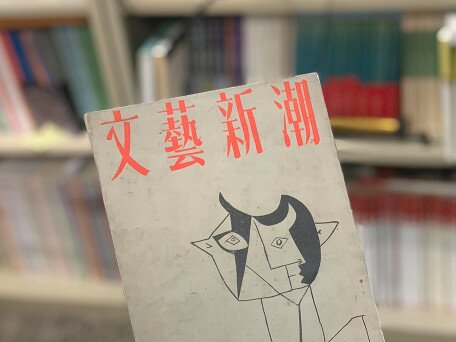Developing students’ feedback literacy through online interactive peer assessment: Interaction modes, sequential behavioural patterns, and influential factors
- 项目计划:
- 优配研究金
- 项目年份:
- 2023/24
- 项目负责人:
- 詹颖博士
- (课程与教学学系)

The innovation of this project lies in the scrutiny of online dialogic interaction between feedback givers and receivers in terms of interaction modes, sequential behavioural patterns, and influential factors.
Feedback literacy denotes the capacities and dispositions that students need to productively use feedback for the purpose of improving learning. Feedback-literate students can maximise the effectiveness of feedback on their learning within university curricula and assessment regimes (Carless & Boud, 2018), ultimately supporting their future careers and life-long learning (Winstone, Balloo & Carless, 2022). In spite of its importance, cultivating feedback literacy is a demanding task for university teachers, due to constraints on course time and space and a lack of effective pedagogical models.
Online interactive peer assessment (OIPA) may offer a powerful new approach to cultivating students’ feedback literacy, according to an emerging thread of research (*Zhan, Wan & *Sun, 2022). It has great potential to enhance dialogic interaction between feedback givers and receivers, which is the key to students’ feedback literacy development. More effort is needed to close four major research gaps in this area, as follows.
- a) No studies have focused on OIPA interventions with a control group design and pre- and post-intervention measures of feedback literacy.
- b) Few studies have examined whether synchronous or asynchronous interaction is more effective in developing students’ feedback literacy.
- c) The literature has not specifically addressed how the sequences of students’ actions in dialogic interaction around feedback might influence their feedback use.
- d) Research has not systematically explored the factors influencing dialogic interaction in a virtual peer assessment environment.
To address these research gaps, the proposed project will develop and implement an OIPA intervention with a naturalistic experimental design. The participants will be Year 2 Bachelor of Education students enrolled in a core education course at a Hong Kong education university. Four complete classes will each be randomly assigned to one of two treatment conditions (synchronous and asynchronous discussion; two groups per treatment) and other four complete classes will each be randomly assigned to one of two control conditions (one-way online peer assessment and nonpeer assessment; two groups per control). For the experimental groups, students’ interactivity will be structured according to the 4 R stages (i.e., Requesting peer feedback; Reviewing peer feedback; Responding to peer feedback; and Revising work based on peer feedback). OIPA will be conducted in four rounds lasting across one semester.
To determine the effect of each treatment of OIPA, participants’ pre- and post-intervention measures of feedback literacy (*Zhan, 2022b) will be analysed by a difference-in-differences structural equation model with residual centring (Little et al., 2012). To capture the sequences of individual actions during dialogic interaction, intensive log data will be collected and analysed by statistical discourse analysis (*Chiu & Lehman-Willenbrock, 2016). To explore the factors influencing dialogic interaction in the OIPA processes, retrospective journal entries and individual interview data will be collected and analysed by reflexive thematic analysis (Braun & Clarke, 2019).
The innovation of this project lies in the scrutiny of online dialogic interaction between feedback givers and receivers in terms of interaction modes, sequential behavioural patterns, and influential factors. The findings of the project will advance understanding of how the OIPA processes affect students’ feedback literacy development. Practically, the findings of this project will make pedagogical recommendations to university teachers about the OIPA activity design and implementation and enlighten them on the ways of stimulating feedback dialogues during online peer assessment to develop students’ feedback literacy.








